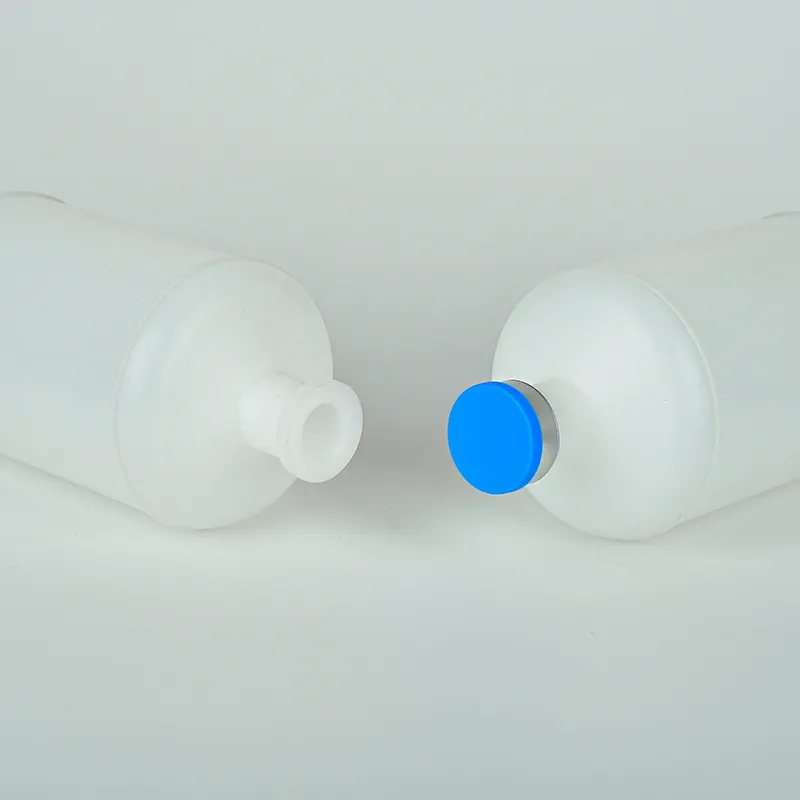reagent spray bottle
The Versatility of Reagent Spray Bottles in Laboratories
Reagent spray bottles are essential tools in laboratories and various industrial settings, providing an efficient means to dispense and apply chemicals, cleaning solutions, and other reagents. With their innovative design and functional features, these spray bottles have become a staple for scientists, researchers, and technicians alike. This article explores their significance, applications, and best practices for usage.
Reagent spray bottles are typically constructed from robust materials that can withstand a variety of chemicals, ensuring durability and safety during use. Most commonly made from high-density polyethylene (HDPE) or low-density polyethylene (LDPE), these bottles are resistant to corrosion, making them suitable for holding solvents, acids, and other reactive substances. Their design usually features a nozzle that allows for fine misting or targeted spraying, which is ideal for both precise applications and broader coverage, depending on the task at hand.
One primary application of reagent spray bottles is in cleaning and maintaining laboratory equipment. Proper hygiene is crucial in any lab setting to prevent contamination and ensure the accuracy of experimental results. Users can fill these bottles with disinfectants or cleaning solutions and easily apply them to surfaces, equipment, and utensils. The ability to control the spray pattern minimizes overspray, ensuring that cleaning agents are used efficiently and effectively.
In addition to cleaning, reagent spray bottles are often utilized for the application of various chemical reagents during experiments
. For instance, researchers may use spray bottles to dispense solutions in a controlled manner, allowing for consistent and reproducible results. This precision is particularly important in analytical chemistry, where even slight variances in solution concentration can lead to significant deviations in outcomes.reagent spray bottle

Moreover, these spray bottles are indispensable in the cultivation and care of plant specimens in biological research. Researchers use them to deliver nutrients, pesticides, or water to plants, ensuring optimal growth conditions. The fine mist produced by the spray nozzle helps distribute the solution evenly, preventing root rot or mold that can result from over-saturation or uneven application.
When working with reagent spray bottles, it is important to observe best practices to ensure safety and effectiveness. First and foremost, users should always label their bottles clearly, specifying the contents and hazard levels. This practice helps prevent accidental misuse and enhances safety protocols in the laboratory. It is also essential to store chemical spray bottles in designated areas, away from direct sunlight and extreme temperatures, to minimize the risk of degradation or reaction.
Proper maintenance of reagent spray bottles is equally important. Users should rinse and clean the nozzles thoroughly after each use to prevent clogging and ensure reliable performance. Regularly inspecting the bottles for any signs of wear or damage is also critical, as compromised containers can lead to leaks or contamination.
In conclusion, reagent spray bottles are versatile instruments that play a crucial role in laboratory operations. From cleaning to chemical application and plant care, their design and functionality make them indispensable in various scientific applications. By adhering to labeling, storage, maintenance, and safety protocols, users can maximize their efficiency and longevity, ultimately contributing to more accurate and reliable research outcomes. Whether in a bustling research facility or a small lab, the utility of reagent spray bottles cannot be overstated—they are, indeed, a small but mighty ally in the world of science.
-
Aesthetic Makeup Spray Bottles | Fine Mist Empty RefillableNewsAug.19,2025
-
White Plastic Veterinary Vaccine Vials | Lab Liquid BottlesNewsAug.18,2025
-
Plastic Medicine Liquid Bottle: Secure Flip Top Drug VialsNewsAug.17,2025
-
Durable 250ml Blue Plastic Vaccine Vial for Lab & Vet UseNewsAug.16,2025
-
Sterile Virus Sample Tubes: Secure & Reliable Specimen CollectionNewsAug.15,2025
-
White 250ml Plastic Vaccine Vial for Lab & Vet MedicineNewsAug.14,2025
























